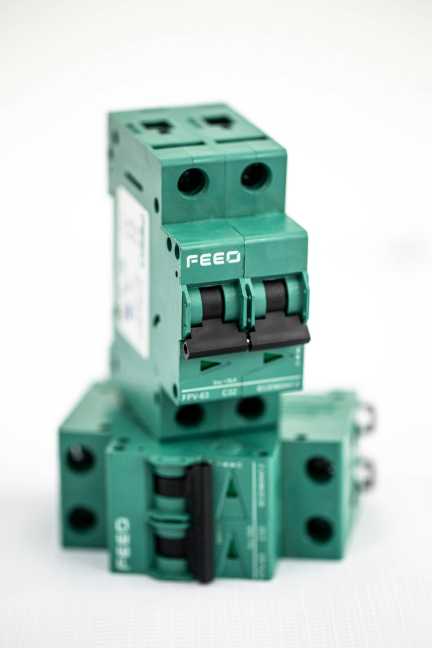Manufacturing is a complex industry that requires skilled workers to ensure efficiency and quality. Developing a successful employee training program in manufacturing is essential to ensure that your team is equipped with the skills and knowledge they need to excel in their roles. In this blog post, we will discuss the key steps and strategies to develop a successful employee training program in manufacturing.
Identify Training Needs
The first step in developing a successful employee training program in manufacturing is to identify the training needs of your team. This can be done through a training needs assessment, which involves evaluating the current skills and knowledge of your employees and identifying areas where additional training is needed. By conducting a training needs assessment, you can determine the specific skills and knowledge gaps that need to be addressed through training programs.
Set Clear Objectives
Once you have identified the training needs of your team, the next step is to set clear objectives for your employee training program. These objectives should be specific, measurable, achievable, relevant, and time-bound (SMART). By setting clear objectives, you can ensure that your training program is focused on achieving specific outcomes and can track the progress of your employees as they work towards these objectives.
Choose the Right Training Methods
There are various training methods that can be used to deliver training programs in manufacturing, including on-the-job training, classroom training, online training, and simulations. When developing your employee training program, it is important to choose the right training methods that are best suited to the needs of your team and the specific skills and knowledge that need to be addressed. For example, on-the-job training can be an effective way to provide hands-on experience and practical skills, while online training can be used to deliver standardized training modules to a large number of employees.
Provide Ongoing Support and Feedback
In order to ensure the success of your employee training program, it is important to provide ongoing support and feedback to your employees throughout the training process. This can include providing additional resources and materials to support their learning, as well as providing regular feedback on their progress and performance. By providing ongoing support and feedback, you can help your employees stay motivated and on track with their training goals.
Measure Training Effectiveness
It is important to measure the effectiveness of your employee training program in manufacturing to ensure that it is achieving its objectives and delivering the desired outcomes. This can be done through various methods, including pre- and post-training assessments, skills assessments, and performance evaluations. By measuring the effectiveness of your training program, you can identify areas for improvement and make adjustments to ensure that your training program is delivering the desired results.
Continuous Improvement
Lastly, developing a successful employee training program in manufacturing requires a commitment to continuous improvement. This involves regularly reviewing and evaluating your training program, soliciting feedback from your employees, and making adjustments as needed to ensure that your training program is effective and up to date. By continually improving your employee training program, you can ensure that your team is equipped with the skills and knowledge they need to excel in their roles and contribute to the success of your manufacturing operations.
In conclusion, developing a successful employee training program in manufacturing requires careful planning, clear objectives, the right training methods, ongoing support, measurement of training effectiveness, and a commitment to continuous improvement. By following these key steps and strategies, you can develop a training program that equips your team with the skills and knowledge they need to excel in their roles and contribute to the success of your manufacturing operations.


